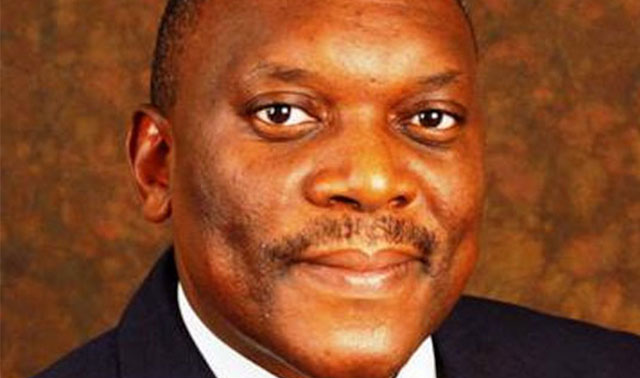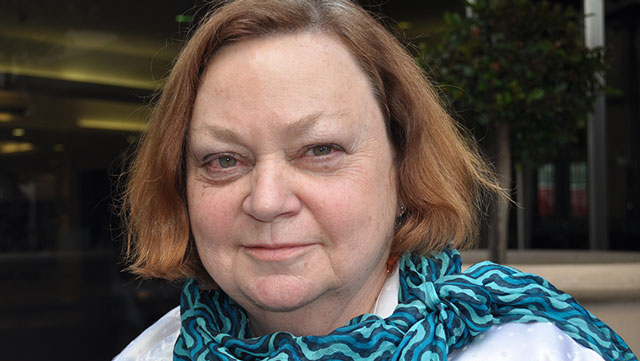
The decision by communications regulator Icasa to publish an invitation to apply (ITA) for broadband spectrum licences — doing so before government has finalised the integrated national ICT policy white paper — is “exceptionally good news”, the Democratic Alliance said on Friday, and suggests a degree of independence by the regulator.
However, the move could have put Icasa into conflict with telecommunications & postal services minister Siyabonga Cwele and the department’s acting director-general Joe Mjwara.
Icasa published the ITA on Friday morning, quite possibly without the go-ahead of the department of telecoms, which is responsible for producing the white paper.
The regulator had been expected to issue the ITA only once the department had published the policy document, which has been delayed several times.
DA MP Marian Shinn, who is the party’s spokeswoman on telecoms, said she is “delighted” that Icasa plans to auction the spectrum and to do so soon.
“This will be a major benefit to the ICT sector and the economic and social developments and growth that they serve,” she said.
Icasa intends auctioning off access in the 700MHz, 800MHz and 2,6GHz bands. However, a big spanner in the works is that government’s disastrous broadcasting digital migration programme, which has been delayed by years, means that the spectrum in the first two bands — known as the digital dividend — is still being used by broadcasters such as the SABC and e.tv.
Shinn said the timing of Icasa’s ITA is interesting, especially in light of the fact that the authority is “clearly” at odds with communications minister Cwele and Mjwara over how the spectrum should be allocated.
At a briefing to a parliamentary portfolio committee in February, Cwele and Mjwara were “clearly in conflict with Icasa over how high-demand spectrum should be assigned”, Shinn said.
“Icasa wanted an auction as the most efficient and transparent way to do this, as well as bringing in much needed revenue. Cwele and telecoms department wanted a closed process — clearly an indication that there were favourite awardees in the wings,” she said.
Then, in May, at the telecoms department’s budget vote debate in parliament, Shinn said Cwele stated clearly that there would be no auction.

“In his typical lackadaisical approach to things ICT, he seemed to feel there was no rush to assign spectrum and that it should be seen as part and parcel of the ICT policy white paper — which is where it was unnecessarily dumped while the backroom battle waged over how to assign it — and to who,” she said.
Interestingly, political oversight of Icasa no longer sits with Cwele, but rather with communications minister Faith Muthambi. This has been the case since President Jacob Zuma split the old department of communications in two following the 2014 general election.
Cwele’s spokesman, Siya Qoza, said via text message on Friday that he was not immediately in a position to be able to comment.
Shinn said Icasa’s move is a “clear triumph for transparency and an indication that there is a seismic shift happening within the ANC as its election fortunes are taking a knock because of it being seen to be soft on corruption and crony capitalism”.
“I suspect the steady hand of national treasury here as well, as it clearly wants to get the knowledge economy moving and the lack of spectrum is a severe economic and developmental handicap. There is also the attraction of the money an auction will bring to the fiscus — conservatively estimated to be about R25bn.” — © 2016 NewsCentral Media
- Now read: Icasa 4G spectrum auction: the details




